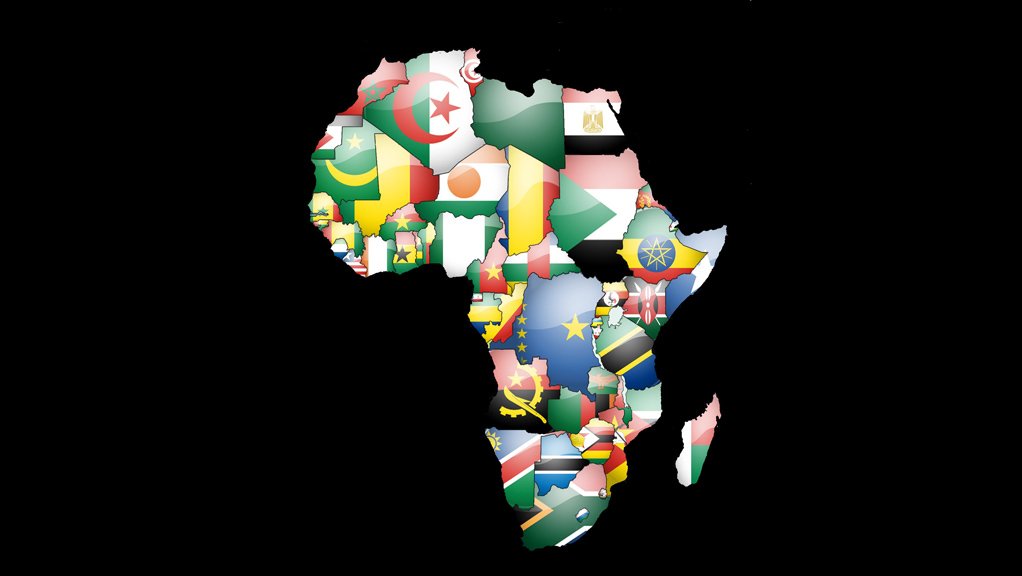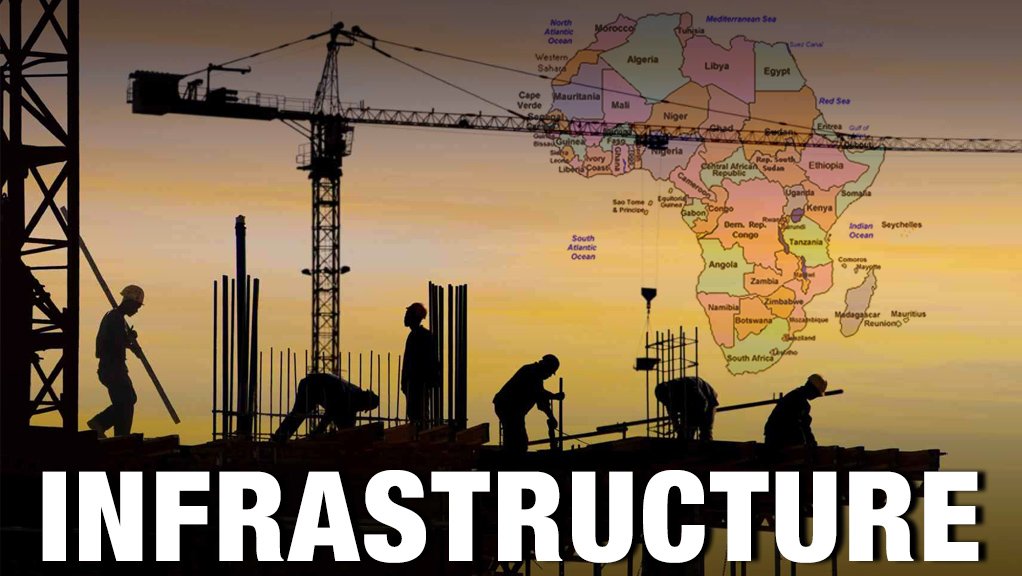Africa needs to overhaul and strengthen its governance systems if it is to deal with critical youth issues, social inequality and the mismanagement of the continent’s natural resources, New Partnership for Africa’s Development (Nepad) CEO Dr Ibrahim Mayaki said on Friday.
With 60% of Africa’s under-25-year-olds – who accounted for 75% of the continent’s population – unemployed, the main issue was to tackle youth unemployment and promote youth inclusion, he asserted during a breakfast meeting discussing Nepad’s and the African Union’s (AU’s) priorities for the next decade.
Nepad is the AU’s flagship socioeconomic programme aimed at eradicating poverty, promoting sustainable growth and development, integrating Africa into the world economy and accelerating the empowerment of women.
Africa was at a “very specific juncture” where social inequality remained the highest in the world and the mismanagement of natural resources had cost the continent hundreds of billions of dollars, Mayaki said, adding that, as the world’s growth remained uncertain, Africa needed to “count on its own resources".
While economic growth in Africa was improving and much progress had been made – with the continent attracting rapidly increasing rates of foreign direct investment and holding six out of the ten fastest-growing countries globally – Africa was also home to seven of the ten most unequal countries in the world.
“We can no longer have the governance systems we have; we cannot go on as usual,” Mayaki said, adding that, while the continent had not developed a new governance model yet, this was a critical priority.
If Africa was to effectively accelerate the delivery of current and future regional and continental infrastructure projects, such as in the transport, energy, water and information and communication technology (ICT) sectors, besides others, good governance and youth integration were needed.
The median age of Africans had been registered at 19 years, while the median age of Europeans was 47 years, indicating that Africa could not implement the same governance structures and development models used in Europe, as it had distinctively different needs, he commented.
“We need the political will to organise and cut dependencies, [while increasingly] counting on ourselves and [empowered] citizens to break down any power relationships and put pressure on government to shift [to a growth] that would benefit the majority.”
He noted that any new governance structure needed a “top down, bottom up” approach, with government opening its ranks to the participation of the citizens.
The development models previously hailed as successes had resulted in subsequent failure on the back of incorrect governance, he noted, citing the economic failure of Tunisia and Mali after building what were then considered to be stable, sustainable platforms for growth.
Tunisa had driven education, agricultural development, high ICT penetration, besides others, and Mali previously boasted a democratic, stable economy.
“By strengthening governance, we could ensure the successful implementation of programmes and projects to promote Africa’s development and regional integration,” he stressed.
The intention was for Africa to own and drive its development agenda at a continental level and the implementation of regional development would help shape regional markets and make the continent as a whole more competitive.
Mayaki highlighted that the issue of regional integration had often been neglected in past development debates; however, most of Africa’s national problems, including infrastructural bottlenecks, did not have optimum national solutions, but regional solutions.
Infrastructure inefficiencies had cost Africa billions of dollars a year and were hampering growth.
Bridging the massive infrastructure gap could only be achieved through regional and continental cooperation and solution finding.
“At the moment, Africa is the least integrated continent in the world, with low levels of intraregional economic exchange and the smallest share of global trade,” he explained.
Africa’s five largest economies – Kenya, Nigeria, South Africa, Egypt and Algeria – needed to drive this.
The Programme for Infrastructure Development in Africa (Pida) would also play a role in enhancing cross-border trade, promoting the sharing of resources and building mutually beneficial infrastructure.
Pida provided a common framework for the development of a more integrated infrastructure network - particularly around energy, water, transport and ICT - between African countries to boost trade, increase growth and create jobs.
The programme spanned 50 regional and continental projects that were expected to improve Africa’s global competitiveness. How the infrastructure projects were shared and managed had emerged as a concern that could only be addressed through increased public–private partnerships.
“[For Africa] to participate and reach its true economic potential, it will require a level of investment in infrastructure that goes beyond the capacity of governments or bilateral and multilateral donor money,” said Mayaki.
As over 60% of funding for the projects was sourced from donors, there was a move to find a more mutually beneficial ownership-type model to drive the projects.
This meant that Nepad would increasingly seek out and engage the private sector for assistance in moving forward, starting with the high-level Dakar Financing Summit on Africa’s Infrastructure to be held in January, in Senegal.
The summit is aimed at stimulating Africa’s leaders in the private and public sectors to accelerate infrastructure development, promote regional infrastructure projects and call for domestic resources to fund the programmes.
EMAIL THIS ARTICLE SAVE THIS ARTICLE
To subscribe email subscriptions@creamermedia.co.za or click here
To advertise email advertising@creamermedia.co.za or click here













